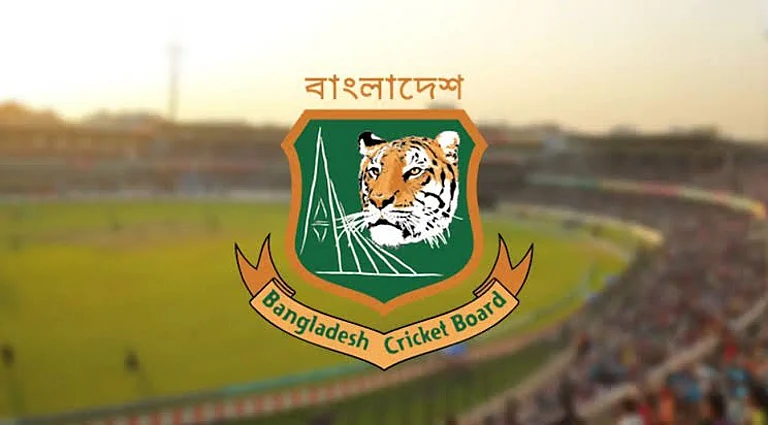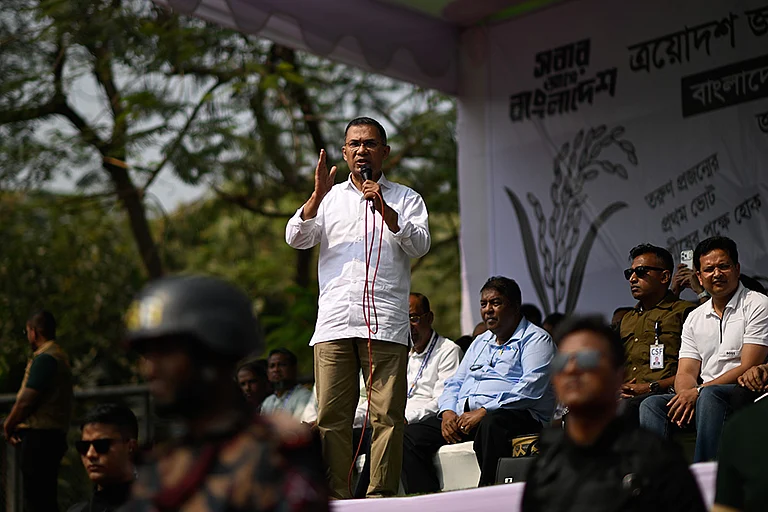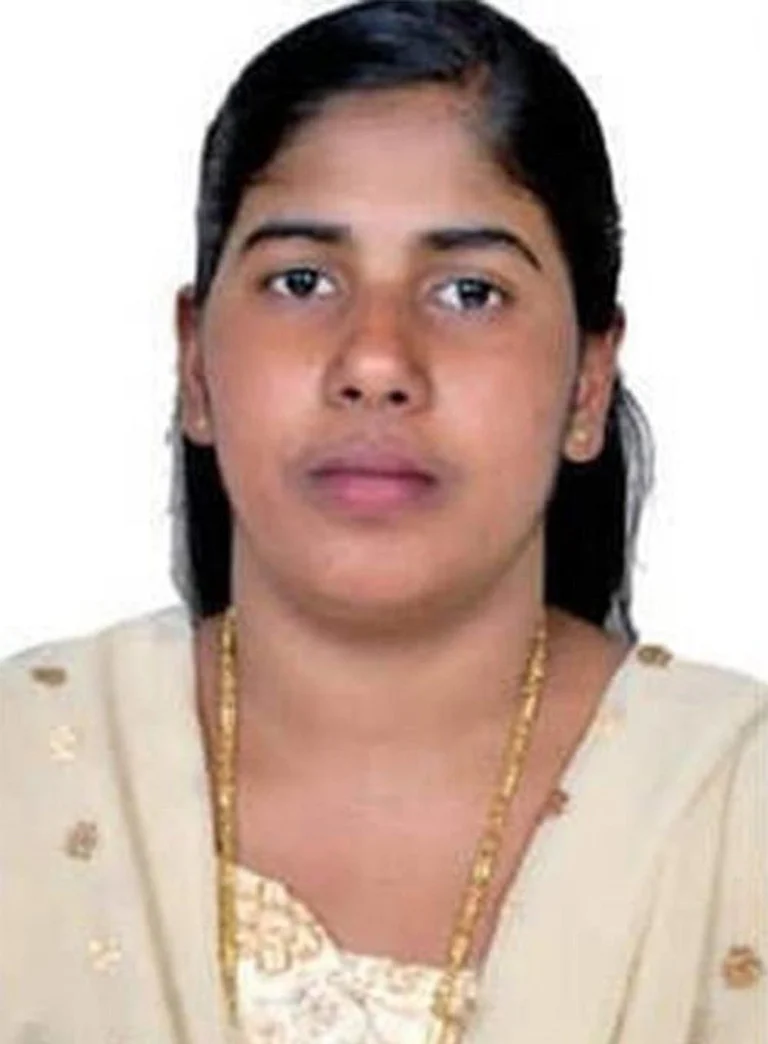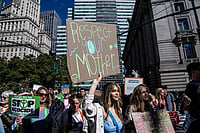Amid mounting unpredictability over the fate of Kerala nurse Nimisha Priya, who is on a death row in Yemen due to the alleged murder of a Yemeni national, Talal Abdo Mahdi, two Islamic laws, 'Qisas', and 'Diyya', are turning out to be the key deciding factors.
Since 2017, Priya has been imprisoned in Sana'a Central Prison for the alleged murder of Mahdi, after she reportedly injected him with sedatives in an attempt to retrieve her passport from his possession.
Her death sentence was set to be carried out on July 16. However, it was postponed a day before. The Yemeni administration reportedly issued an order dated and said that Priya’s execution was deferred until a new date is announced.
Abdelfattah Mahdi, the brother of Talal Abdo Mahdi, is angered by reports that the family would settle for blood money. They repeatedly insisted on Nimisha's death sentence as they always believed that she killed Talal with clear intentions, and not by mistake.
Before the execution was postponed, in an interview with the BBC, Mahdi's brother, Abdelfattah Mahdi, asserted that they would settle for nothing less than her being put to death.
"Our stance on the attempts at reconciliation is clear; we insist on implementing God's Law in Qisas [retaliation in kind], nothing else," his brother, Abdelfattah Mahdi, had told BBC Arabic on Monday.
'Qisas', 'Diyya': What Are The Islamic Laws
The two Islamic laws are being discussed widely as tension mounts over Nimisha Priya's fate. Whether the crime was committed intentionally or by mistake will determine the implementation of either of the two laws. While ‘Diyya’ applies to mistakes, ‘Qisas’ is for revenge in case of intentional acts.
Rooted in the concept of 'an eye for an eye, under Yemen’s legal system, 'Qisas', allows the victim’s family to seek retributive justice, usually the death penalty for the accused in cases of murder.
On the other hand, ‘Diyya’, which means 'blood money', represents acceptance of financial compensation by the victim or their family in case of murder or other major loss.
'Nothing Much Govt Can Do': Centre Tells SC
Initially, the execution being scheduled on July 16, the Centre told the Supreme Court that it had exhausted all the limited diplomatic options to secure the release or prevent the execution.
Owing to diplomatic hurdles in the Houthi-controlled Sana, government agencies and organisations working for her release have been unable to make any breakthrough.
Attorney General R Venkataramani, who was representing the Centre, told a bench of Justices Vikram Nath and Sandeep Mehta that, having regard to the sensitivity and status of Yemen as a place, there is nothing much the Government of India can do, PTI reported.
"There's nothing much the government can do. Looking at the sensitivity of Yemen, it's not diplomatically recognised. Blood money is a private negotiation", Venkataramani said while adding, "There is a point up to which the Government of India can go and we have reached that point."
























